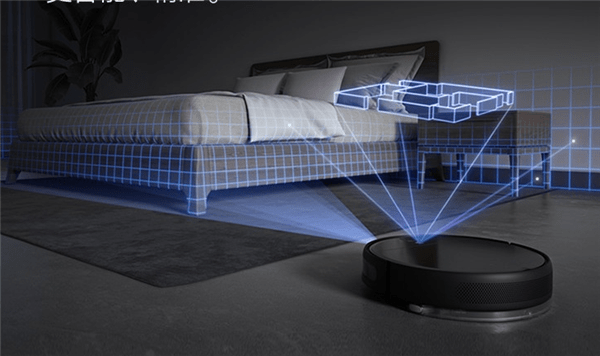Household robotic vacuum cleaners can be hacked remotely and eavesdropped on conversations, even if they don’t have a microphone.
The researchers collected information from a laser navigation system in a popular vacuum robot vacuum cleaner and applied signal processing and deep learning techniques to recover speech and detect TV sounds in the same room as the device.
“We welcome these devices to our homes and have no idea how they can be used,” explains Nirupam Roy, assistant professor of computer science at the University of Maryland and one of the study’s authors. “But we have shown that even though robotic vacuum cleaners do not have microphones, it is possible to repurpose the systems they use to navigate to spy on users and potentially disclose personal information.”
When someone is talking in the house, sound waves cause objects to vibrate, and this vibration can affect the operation of the robot’s lidar. Scientists from the University of Maryland suggested that if the data collected by the lidar were processed in a special way, it would be possible to extract sound from them and restore the speech that was heard at the time of scanning.





